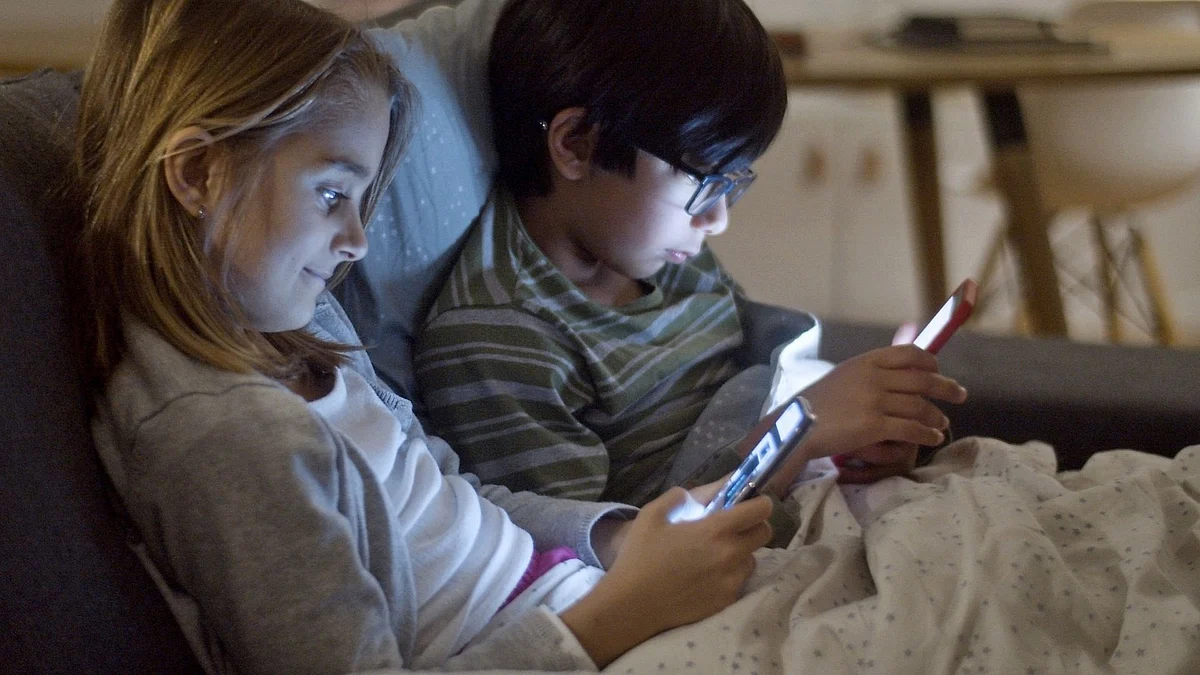A new global study has raised serious concerns about the long-term mental health effects of giving smartphones to children at an early age. Conducted by researchers at Sapien Labs and published in the Journal of Human Development and Capabilities, the study draws on data from the Global Mind Project, which surveyed nearly two million individuals across 163 countries. The findings are clear: the earlier a child starts using a smartphone, the higher their chances of facing mental health issues as a young adult.
The mental health connection
Using the Mind Health Quotient (MHQ), a tool that measures emotional, social, cognitive, and physical well-being, researchers discovered a consistent trend: young adults who had access to smartphones before age 13 had significantly worse mental health outcomes than those who started later. The impact was most alarming in the 18–34 age group, where 41% reported issues severe enough to affect their daily functioning.
The mental toll appeared especially high in women. Among females aged 18–24, 48% who received a smartphone at age five or six reported experiencing suicidal thoughts. This dropped to 28% among those who received their first device at 13. The numbers for young men were also significant, 31% of early users reported suicidal ideation, compared to 20% of those who started later.
The role of social media
While smartphones are just one part of the puzzle, social media plays an outsized role. The study found that roughly 40% of the mental health risk was linked to early access to social media platforms. Children who start using smartphones earlier are more likely to access apps like Instagram, TikTok, or Snapchat before they are emotionally ready, often bypassing the platforms' minimum age of 13.
This early exposure brings increased risks: cyberbullying, sexual exploitation, addictive scrolling, and a distorted sense of self-worth driven by social comparison. Compounding these issues is the erosion of quality sleep and weakened family bonds due to screen dependence.
Why early adolescence is critical?
Adolescence is a sensitive period for brain development. The skills needed to regulate emotions, understand social cues, and build healthy relationships are still forming. Immersing children too early in digital environments may interfere with these crucial developmental milestones. Overstimulation from screens, exposure to harmful content, and reduced real-life social interactions can all contribute to long-term psychological challenges.
What can be done?
Experts believe it's not too late to change course. The study suggests several actionable steps:
Enforce age restrictions on social media through better verification systems.

Educate children on digital safety, cyberbullying, and mental wellness from a young age.
Provide safer alternatives to smartphones, such as basic phones with limited features.
Hold tech companies accountable for protecting underage users, much like regulations around tobacco and alcohol.
Delaying full smartphone access until after age 13, the study claims, could prevent serious mental health issues in nearly 8.5% of young people and reduce suicide-related thoughts by up to 20%.










